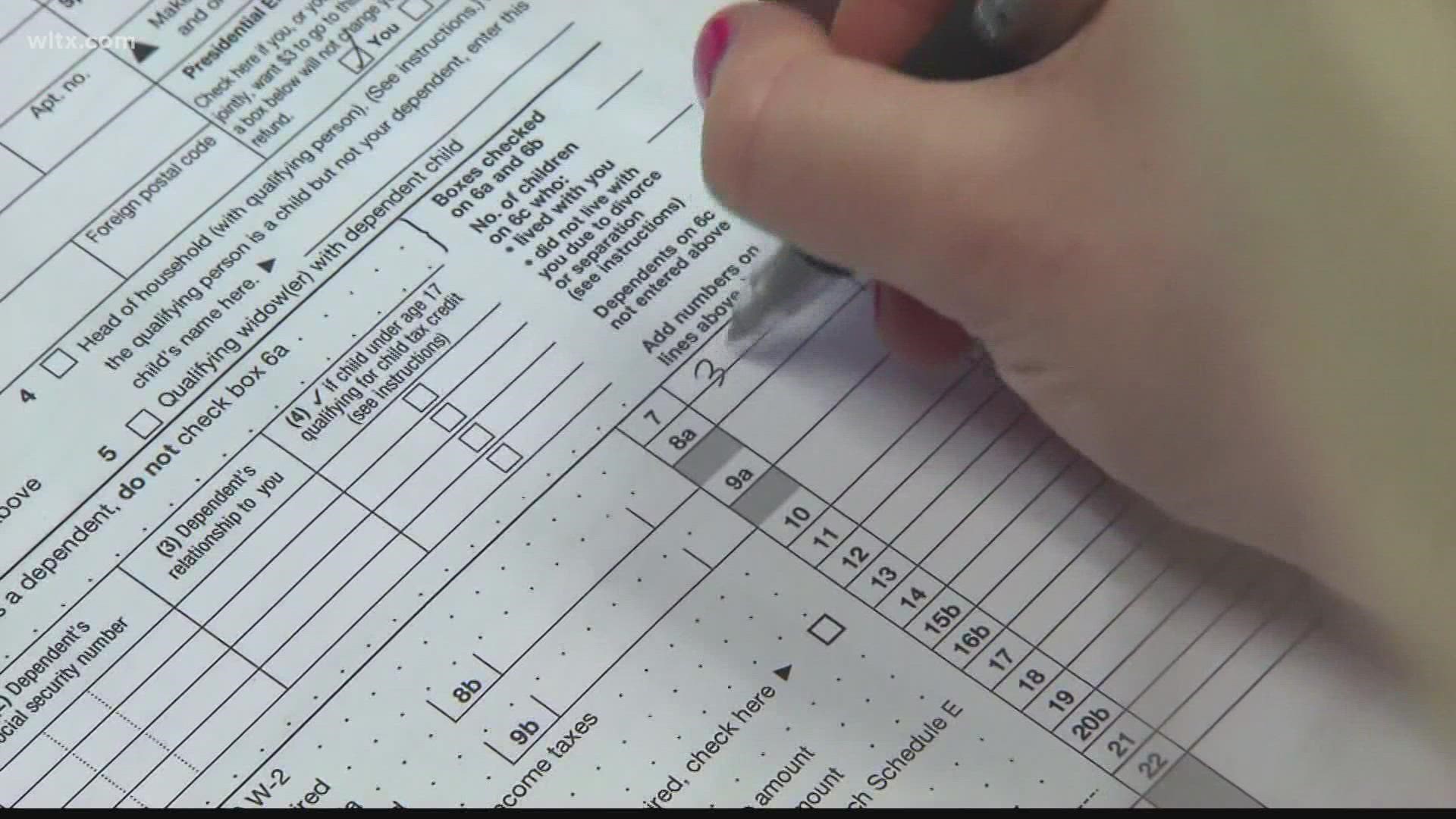COLUMBIA, S.C. — A proposal to cut state income taxes has passed a key vote in the South Carolina House of Representatives.
The resolution's second reading passed unanimously 110-to-zero.
Lawmakers said the bipartisan bill could put money in most tax payers’ pockets. “It touches everyday people on all levels,” said Representative David Weeks, (D) Sumter.
The plan cuts the top income tax rate from 7% to 6.5% in the first year. Then in five years, the rate would gradually decrease to 6%.
Representative Weeks explained that it collapses tax brackets to bring more people relief. “The person making over $3,600 per year is going to see some degree of tax reduction,” said Weeks.
House Majority Leader Gary Simrill said on the House floor it’ll cost the state around $600 million in the first year. “The dollars you see coming into South Carolina, those new recurring dollars, are being invested right back into the tax payers of South Carolina,” Simrill said at the podium.
The bill has triggers in place that would prevent the yearly, gradual tax cuts if South Carolina doesn’t grow as expected over the next five years. Simrill explained that each year the top income tax rate will go down a tenth of a percent until it reaches 6%. However, if the state doesn't grow at least 5% each year, those cuts won't happen.
While the House fast tracks its proposal, the Senate will soon consider its own that aims to cut taxes even more. The Senate proposal aims to cut the top income tax rate from 7% to 5.7% in the first year and would put $1 billion toward a rebate for tax payers.
“I’m definitely in favor of cutting income tax rates. What that rate is, I think is ultimately the question,” said Senator Sean Bennett, a member of the finance committee.
Both the Senate and House proposals would eliminate state income taxes on military retirement income.
Bennett said he’s happy to see efforts in both chambers, but hopes lawmakers will work to go beyond just income taxes. “I think what we need to be talking about is a complete overhaul of the tax system, and if we do that, this 6% vs 5.7% will become a moot point because we could get it even lower than that,” asserted Bennett. Specifically, he'd like to make changes to the state's sales, property and income tax laws.
Bennett added that this may be the year the General Assembly finally passes income tax cuts thanks to a surplus in revenue and it being an election year.
The House proposal will need one more procedural vote before going to the Senate. The Senate proposal has been assigned to the chamber’s finance committee.

